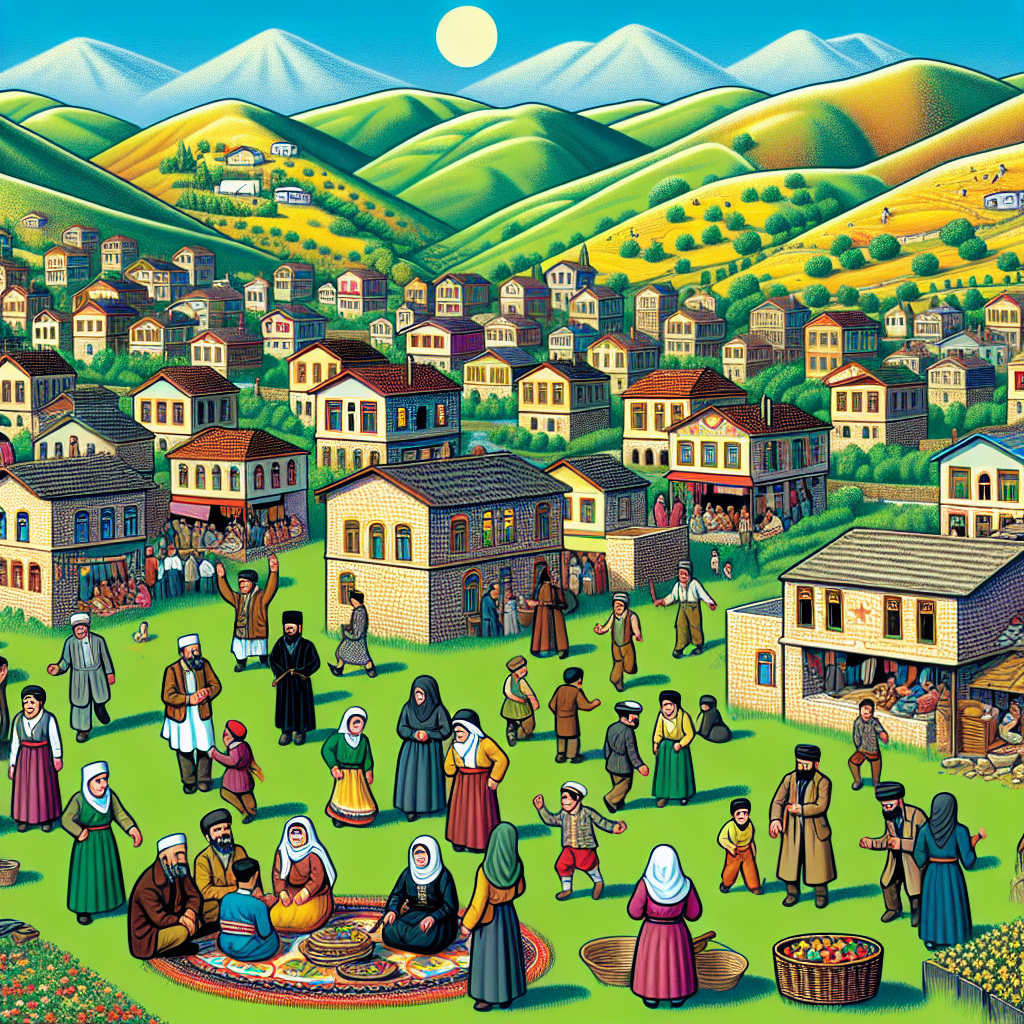Druze: A Community of Resilience and Secrecy Amidst Syrian Turmoil
The Druze, a religious sect with roots in Ismailism and a storied history in Syria, maintain secrecy and discourage intermarriage. With a strong sense of community support, they have long navigated political turbulence, notably revolting against colonial powers and being skeptical of Syria's political shifts. Druze militias protect their autonomy.

The Druze religious sect, originating as an offshoot of Ismailism nearly a millennium ago, remains enmeshed in the conflict and political turmoil of Syria today. Known for their secrecy, the Druze prohibit outsiders from converting and discourage intermarriage, thereby tightly preserving their cultural identity.
Approximately half of the global Druze population, estimated at about a million, reside in Syria, with significant communities in Lebanon and Israel. Historically, the Druze have played pivotal roles in revolts against Ottoman and French colonial rule to shape modern Syria. Despite celebrating the downfall of Bashar Assad, the community is wary of Syria's political future.
Druze militias, established to protect against external threats, continue to operate independently, maintaining a degree of autonomy. This independence fosters mistrust with the Syrian government, complicating their future in the region, while Israel's Druze community debates intervention strategies to protect their brethren in Syria.
(With inputs from agencies.)










